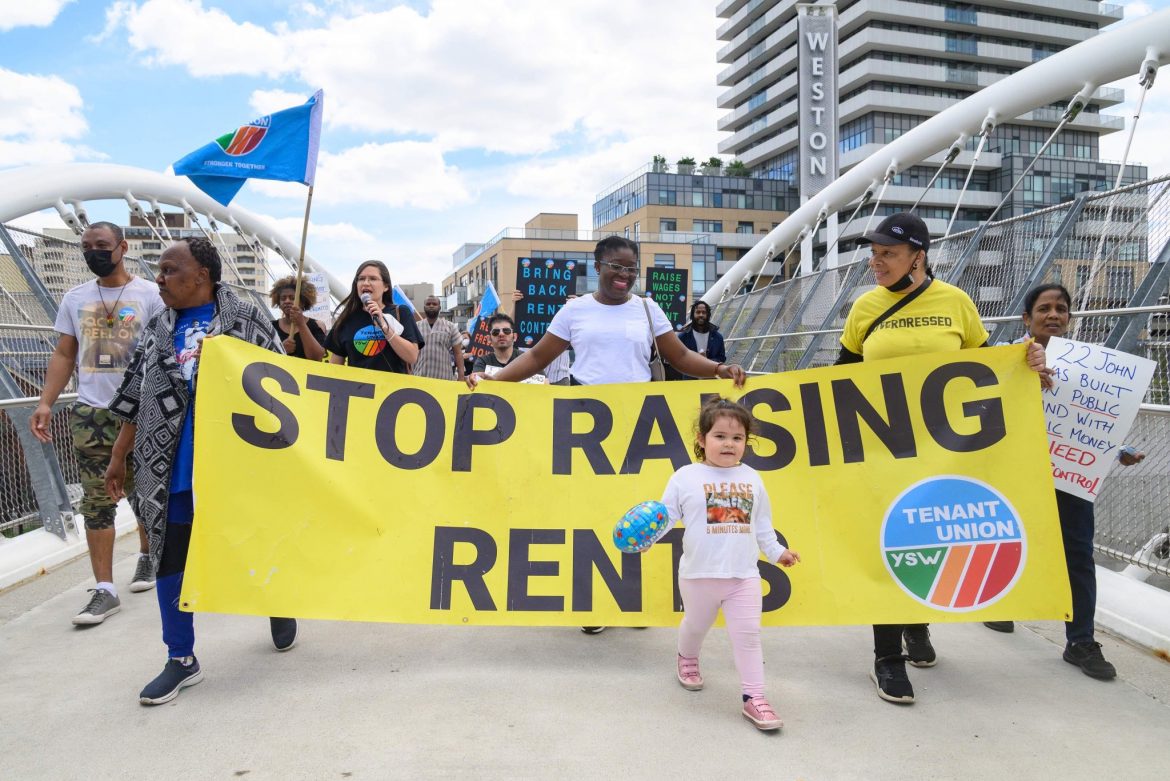AI’s Impact on the Soaring Cost of Living in Toronto and Abroad
Ethan Chan, News Editor
There is no question that artificial intelligence has become a crucial part of our lives. Since ChatGPT has become a vital tool that can answer nearly any question we throw at it, it is almost only possible to do something with AI. Even as I write this article, my word processor’s built-in AI software predicts what I may write next, offering suggestions and auto-correcting anything it considers an error. However, as artificial intelligence continues to revolutionize industries across the globe, its impact has expanded far beyond what many initially thought to be a helpful tool. Now, AI is becoming a direct contributor to the rising cost of affordability — particularly in the housing market.
AI-driven algorithms like YieldStar, developed by Texas-based RealPage, are becoming increasingly popular for setting rental estate prices in the real estate market. Landlords making market-educated guesses has now become a thing of the past as machines use trends to predict and ultimately implement rent hikes that could go beyond what many tenants could afford. A prime example is a tenant named Shanice Sharpe, who, since moving into her one-bedroom apartment at 22 John St., has seen a rent increase of nearly 10% this past year, forcing her to take on three jobs to make ends meet. What makes matters worse is that Ontario’s rent control laws, enacted in 2018, cap rent control increases at 2.5% year over year, while AI suggests a 10% hike.
Rent increases are nothing new. As previously mentioned, rent prices fluctuate with demand based on the predictions of market economists. However, these predictions go out the window when you replace a human prediction with one done by AI because of the change in influences. Specifically, when predicted by humans, rent prices are typically subject to a variety of supply and demand factors. However, when AI makes a prediction, its algorithms are set to maximize profit, making housing increasingly unaffordable for the working class, who already bear inflation from other sectors.
Further, one Redditor claims that a class-action lawsuit has been filed against the United States government, arguing that allowing algorithms like YieldStar to set prices creates an illegal price-fixing market where affording rent is determined by those who cannot physically own property. In the end, as rent prices continue to soar, it is crucial to consider AI’s role in exacerbating the already dangerous housing crisis. While housing advocates are calling for more control over how AI is used within the market, others have already begun filing lawsuits like the one in Seattle.
Overall, AI will continue to evolve in our daily lives and the housing market. However, despite this rise, we must consider our best action moving forward. If AI continues to be increasingly integrated into our lives, including the real estate market, how will it be managed, who will inevitably benefit, and who will bear the costs? It may be best not to ask AI what they think.
Photo Credit: YSW Tenant Union




